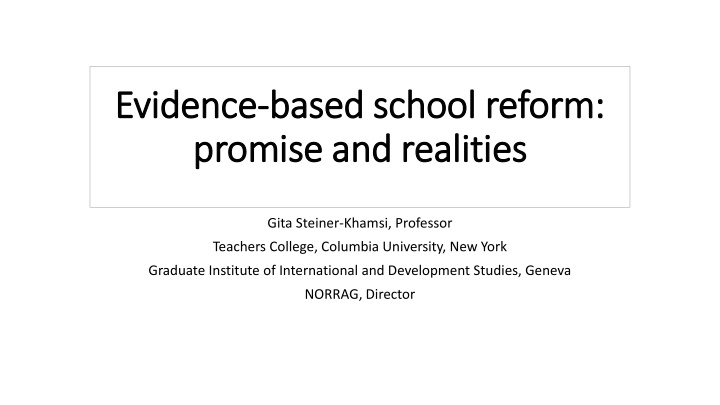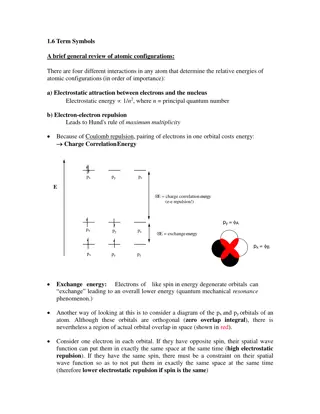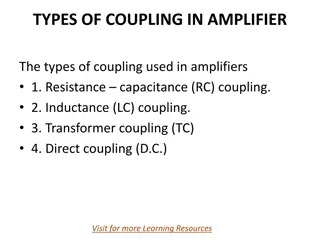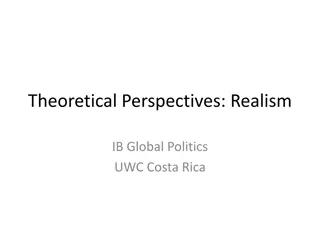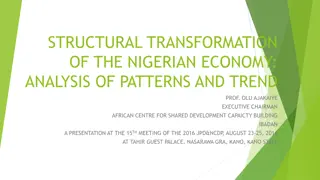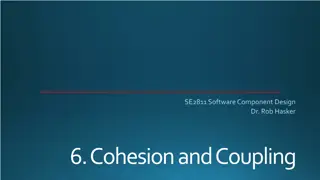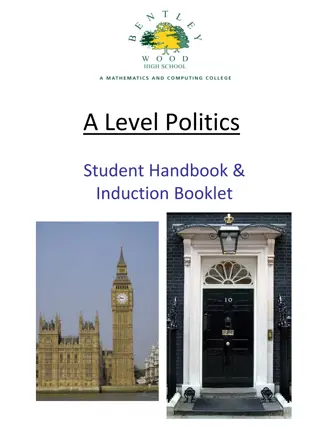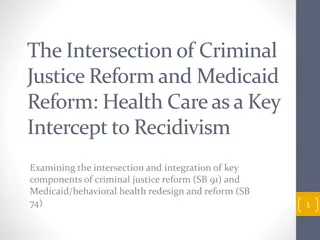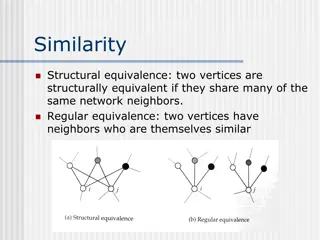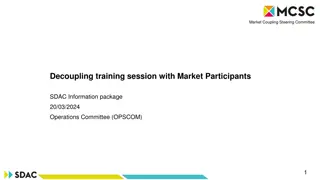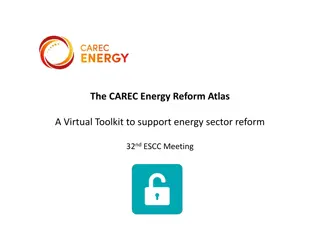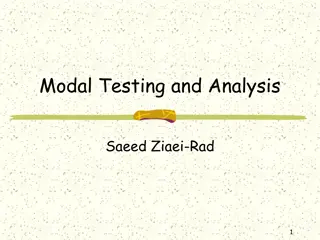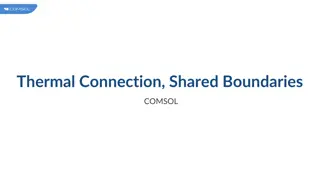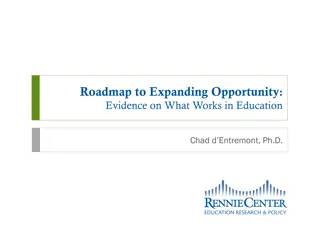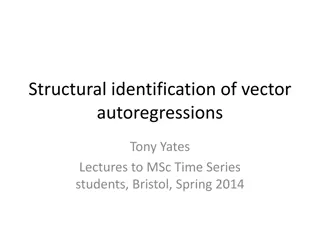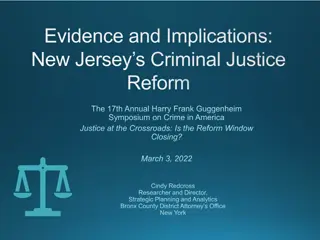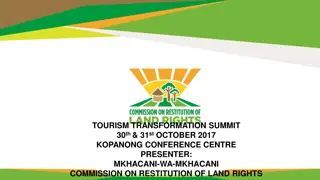Structural Coupling between Science and Politics in Evidence-Based School Reform
This article by Gita Steiner-Khamsi explores the interplay between science and politics in evidence-based school reform, focusing on global public goods and the use of data and evidence in policy planning. It discusses the challenges and promises of evidence-based approaches, highlighting the complex relationships between different systems and actors involved in educational reforms.
Download Presentation

Please find below an Image/Link to download the presentation.
The content on the website is provided AS IS for your information and personal use only. It may not be sold, licensed, or shared on other websites without obtaining consent from the author.If you encounter any issues during the download, it is possible that the publisher has removed the file from their server.
You are allowed to download the files provided on this website for personal or commercial use, subject to the condition that they are used lawfully. All files are the property of their respective owners.
The content on the website is provided AS IS for your information and personal use only. It may not be sold, licensed, or shared on other websites without obtaining consent from the author.
E N D
Presentation Transcript
Evidence Evidence- -based school reform: based school reform: promise and realities promise and realities Gita Steiner-Khamsi, Professor Teachers College, Columbia University, New York Graduate Institute of International and Development Studies, Geneva NORRAG, Director
2. Structural Coupling between Science & Politics 1. Global Public Goods (GPGs) 3. Coping with a Surplus of Evidence 2
1. Global Public Goods: The Concept 1. Global Public Goods: The Concept The transnational reach of problems and solutions: Examples in education and international cooperation: Clean environment Property rights Peace and security Open access knowledge International databanks International toolkits International best practices Education GPS of OECD 3
1. Global Public Goods: The Debate 1. Global Public Goods: The Debate Why Numbers over Narrative ? (W. Espeland, Radhika Gorur) The Phenomenon: International databanks: global benchmarks and norm-setting The global monitoring of national development (NORRAG special issue 04) Governance by numbers (J. Ozga, S. Grek) Governance by data circulation (Nelli Piattoeva et al.) Seeing like PISA (Radhika Gorur) Little national input as well as update at national level (see KIX EAP proposal) decontexualization recontextualization For political usage 4
2. Structural Coupling between Science and Politics = 2. Structural Coupling between Science and Politics = Evidence Evidence- -based Policy Planning based Policy Planning Science Politics Expert Commissions Government Officials Green Papers White Papers 5
2. The Structural Coupling between 2 Function Systems 2. The Structural Coupling between 2 Function Systems Politicization of Science Scientization of Politics Science Politics Science Politics Expert Commissions Government Officials Expert Commissions Government Officials Green Papers White Papers Green Papers White Papers 6
Knowledge Production: Changes over Time Knowledge Production: Changes over Time Scientific Advice in Policy-Making: 2 Modes of Knowledge Production: 3 shifts since 1950s (Weingart & Lentsch) 1. Expert commission insist on being autonomous independent of government, producing foundational scientific knowledge 2. Politicization of expert commissions, producing policy-relevant scientific knowledge 3. Democratization of scientific policy advice: 1. open-access to reviews and expertise, 2. expanding definition of experts 3. focus on usefulness of scientific policy advice Gibbons et al. (1994) & Nowotny et al. (2003) Foundational Research Scientific problems Peer review Disciplinary Theory versus praxis Applied Research Society problems Outside control Multi- disciplinary Theory in practice 7
Two Modes of Knowedge Mode 1 Linear Research Researchers Frame Research 'question' Data Analysis Findings Recommendations 'Uptake' and 'dissemination' Collection Time Stakeholders Mode 2 Policy Relevant Research Stakeholders Frame Research 'question' Analysis Recommendations Time Researchers Data Findings 'Uptake' and 'dissemination' Collection
3. Coping with a Surplus of Evidence 3. Coping with a Surplus of Evidence evidence is assertion backed by information Numbers/ statistics Source: Paul Cairney, 2015 Affiliation of informant/author Information Comparison Research 9
The Surplus of Data The Surplus of Data (Chris Lubienski, 2018) Coupling of Science & Politics Governance by Numbers Drowning in Data, Thirsty for Analysis The Politics of Data Use
Practical Implication: Practical Implication: Communication of Research Communication of Research
Practical Implications: Practical Implications: From M&E to MEL: Meaning Making Meetings From M&E to MEL: Meaning Making Meetings
The Surplus of Data & the Crisis of Expertise The Surplus of Data & the Crisis of Expertise Slow Lane Fast Lane Middle Lane Proximate Decision Makers Intermediaries/Brokers Knowledge Producers Regulatory science Reframe data as evidence and translate research into policy Policy experts Pure science, academia, statistical agencies, sector research, etc. Produce en masse without having to make a decision on how to act Law & regulations Have the authority to make decisions Come across as facts See Craft & Howlett, 2013 and also see Eyal, 2019
Filtering and Hierarchization of Information Filtering and Hierarchization of Information in an Era of Data Surplus in an Era of Data Surplus Low Legitimacy for Policy Decisions High Legitimacy for Policy Decisions Type of Information Narrative, opinion pieces, essays (exception: systematic literature reviews) Data, numbers Mode of Knowledge Mode 1: scientific foundational research Mode 2: applied policy research Method of Inquiry of Policy Research Qualitative, ethnographic Quantitative, RCTs as gold standard , impact evaluations Profession of author Politicians Scientists Source of information -- depends -- International organizations: OECD, World Bank, UNICEF, UNESCO, etc. 14
Source: Steiner-Khamsi, Karseth & Baek, 2019 15 Note: Regional=Grey; Domestic=White; International=Black; Source=Circle; References=Square
OECD Reception: Qualitative Analysis 16 Norwegian adaptation of OECD s DeSeCo (Definitions and Selections of Competencies)
Governance in an era of global public goods National Ministry of Education Polycentric governance National Cabinet/ OECD/ World Bank Presidential Office Interest Groups (private sector, civil society, etc.) 17
